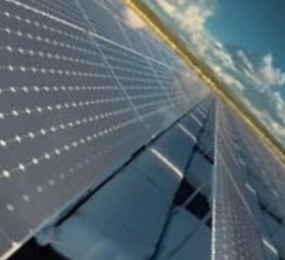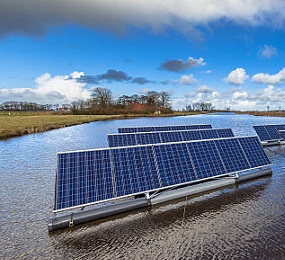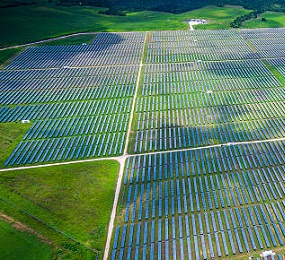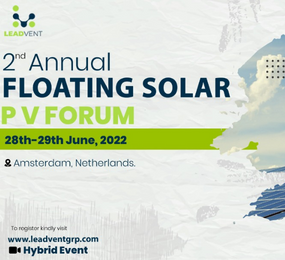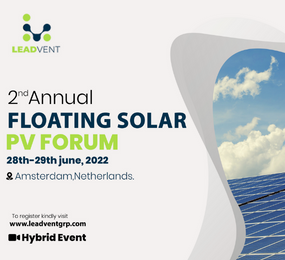A floating solar PV energy system is a new generation energy source that comes with many benefits and possibilities. Although it’s quite promising, many challenges, especially regulatory barriers, pose an adverse effect on its growth and development.
Let's discuss many regulatory barriers that are stunting the future of floating solar PV energy systems.
Regulatory barriers come into play when policies and legal restrictions ( which are made for good reasons) start to hinder the success and progress of Innovations in technology. Before setting up any FPV project, make sure to understand and assimilate all regulatory processes involved as they are observed in all the FPV system development stages.
Regulatory Barriers Impacts on Floating PV Deployment
• FPV projects can be withheld from being developed due to uncertainty about water rights which would highly increase the project cost.
• Inadequate cooperation and arrangement of the Interagency involved in handling the FPV project will definitely have its effect.
• Most environmental approval processes take so much time, are very costly, and are ambiguous for FPV systems, this is not just cost-consuming but also elongates the period of project accomplishment and deployment.
Best Practices to Reduce Regulatory Barriers
• De-risking is a very important tool used in attracting huge investors globally, so therefore, having understandable policies about water rights will help the industry's growth and development.
• Most FPV- licensing guidelines need to be reformed especially the enormous fees, and inconsistent methods among others.
• Encouraging policymakers and financial institutions to apply more force on an awareness campaign for FPV systems projects which could attract more Investment in FPV deployment projects. It seems as if most policymakers lack enough understanding about how FPV systems work and this really makes the policies and regulations unclear and expensive.
Benefits of Improving the Policy
-
Reforms on most ambiguous policies will increase productivity and cause the efficient deployment of FPV projects at a rapid rate.
-
Huge Investors from both government-owned departments and private agencies will be on the rise as the policies seem to be a hindrance.
Disadvantages Of non-favorable Policy
The non-coordination of licensing and permitting can cause major barriers in project deployment and funding which make the system less financially appealing for investors and also increase the deployment period. Furthermore, due to the FPV systems being in the emerging phase, most banks, insurers, and regulatory bodies don't understand what and how FPV projects work as much as they do in land-based Solar PV ones which poses a major barrier to FPV deployment and investment.
Do you want to be more successful in the Floating Solar market and Learn how to bring in your A-game!
The 2nd Annual Floating Solar PV Forum Is for you as it aims to bring together experts, practitioners, and key industry gurus to extensively explore the foreseen possibilities, innovations, challenges as well as best practices concerning the floating PV market community.
Connect with us to gain experience in the ever-developing floating PV technology and also interconnect with other industry players from Europe and the rest of the world.
TAKE ACTION NOW!
To register or learn more about the Forum please check here: Register Here
To request the agenda please send the request to Leadvent Group via email.
For more information and group participation, contact us: [email protected]
Follow us on social media with the event hashtag #FPV2022




